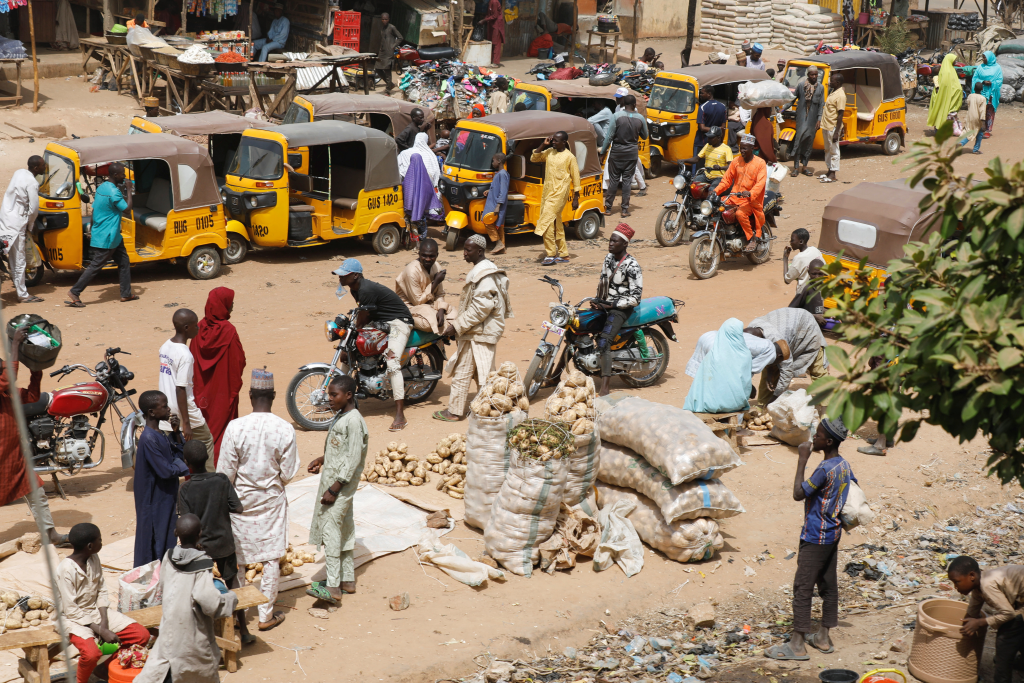Ravaging and Exploiting in the Name of International Aid

In the heart of Africa, where communities like the Kikuyu once thrived on self-sufficiency and mutual cooperation, a sinister transformation has taken root. The vibrant tapestry of African life, once rich with shared labor and communal prosperity, is now fraying under the weight of a foreign system—one that dehumanizes and exploits in the name of international aid.
From Self-Sustaining to Serfdom
Once, every Kikuyu family cultivated their own food, cared for their livestock, and relied on each other for support. The only parasites they feared were the ones that plagued their crops and homes, not the humankind. But today, the fabric of this self-reliant existence has been torn apart. The concept of a “maid,” an almost ubiquitous presence in Nairobi households, is a stark reminder of this change. These maids, often living lives reminiscent of the slaves in the American South, are a testament to the insidious spread of exploitation.
Europe introduced the idea of working for someone else—a concept foreign to African communities where collective effort was the norm. Now, what was once a communal endeavor to sustain one another is dismissed as “unpaid labor.” As a result, traditional ways of life are shunned, and the very essence of African society is eroded.
The European Legacy of Capitalism
The employer-employee dynamic, a cornerstone of European culture, has reshaped African societies in ways that benefit the few while disenfranchising the many. This system, akin to the casting couch in its exploitation, has turned proud, self-sufficient farmers into willing serfs. No longer do they grow enough food to feed their families; instead, they toil on plantations growing coffee they will never taste and tea that is controlled by foreign powers.
Take the case of the tea farms in Uasin Gishu, where thousands of workers face the constant threat of job loss due to market fluctuations dictated by distant economic powers. Or consider the scandal of maize importation, where the Kenyan government, instead of empowering local farmers, chooses to import millions of bags of maize, further entrenching dependency on foreign producers.
Dehumanizing Narratives and Their Impact
Dehumanization begins with language. When we refer to African farmers as “unskilled laborers” or dismiss their traditional practices as “primitive,” we strip them of their dignity and humanity. Brené Brown aptly notes that “dehumanizing always starts with language, often followed by images.” This language, propagated by the very entities that claim to offer aid, reinforces a narrative of inferiority and dependency.
Walter Rodney, in his seminal work “How Europe Underdeveloped Africa,” and Graham Hancock, in “Lords of Poverty,” both highlight the devastating impact of this dehumanization. The so-called aid provided by wealthy nations often serves as a modern form of colonization, entrenching poverty and stifling true economic independence. International aid, funded by tax dollars from countries like Canada, perpetuates a cycle of dependency that strips African nations of their agency and future.
The Price of Aid
Canadian taxpayers unknowingly contribute to this cycle. Their hard-earned dollars fund international aid programs that, instead of uplifting African economies, often undermine them. These programs, cloaked in the rhetoric of benevolence, create a form of economic serfdom. By funneling resources into projects that benefit foreign corporations and governments, they ensure that African economies remain subservient and dependent.
In the end, the very concept of aid becomes a weapon. It is used to control, to manipulate, and to dehumanize. The vibrant, self-sustaining communities that once flourished are reduced to shadows of their former selves, forced to beg for scraps from a table they once set themselves.
A Call for Change
It is time to rethink the notion of aid. Instead of perpetuating a system that dehumanizes and exploits, we must strive for one that empowers and respects. African communities should be given the space to reclaim their self-sufficiency, to rebuild their economies from the ground up. This requires doing away with aid but instead build mutually beneficial partnerships.
